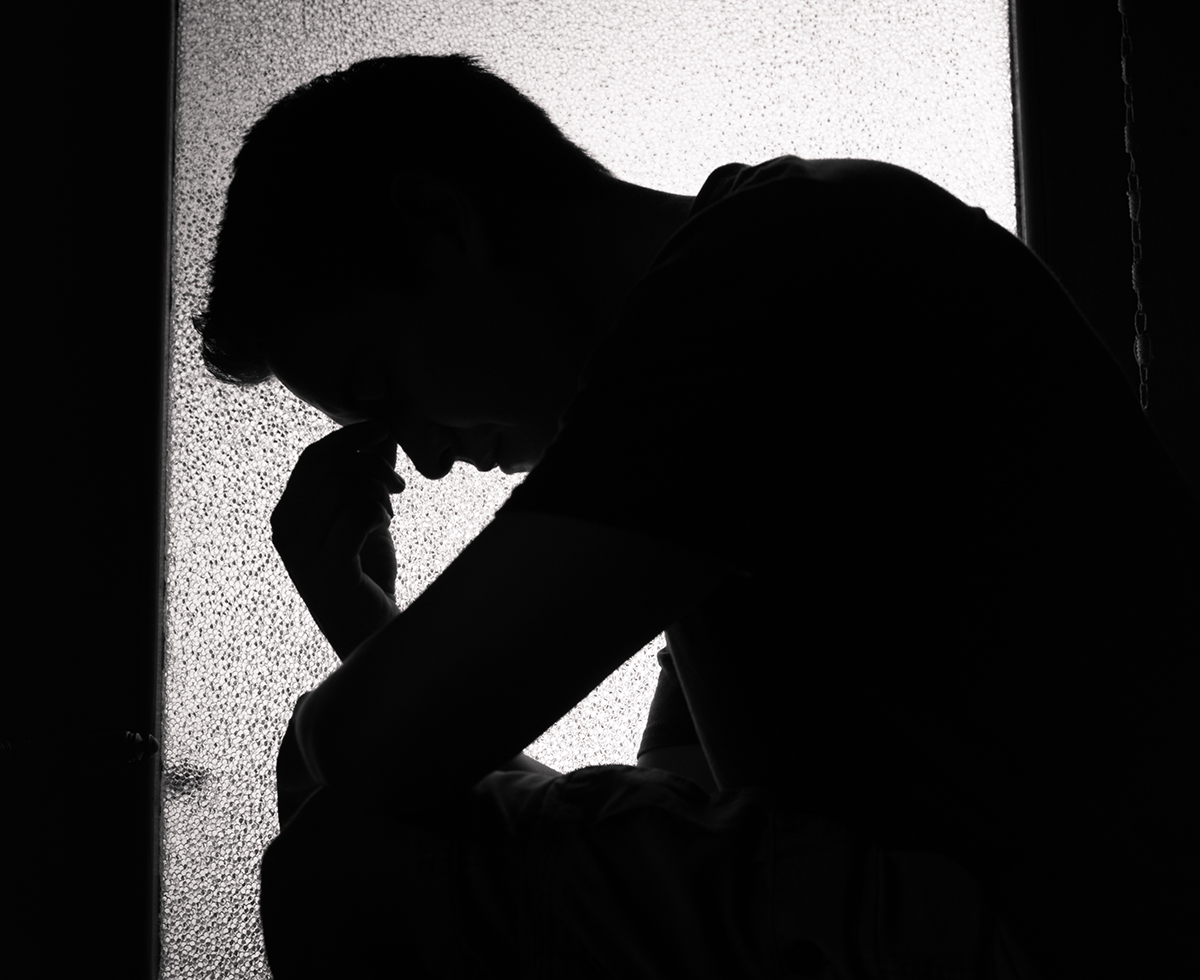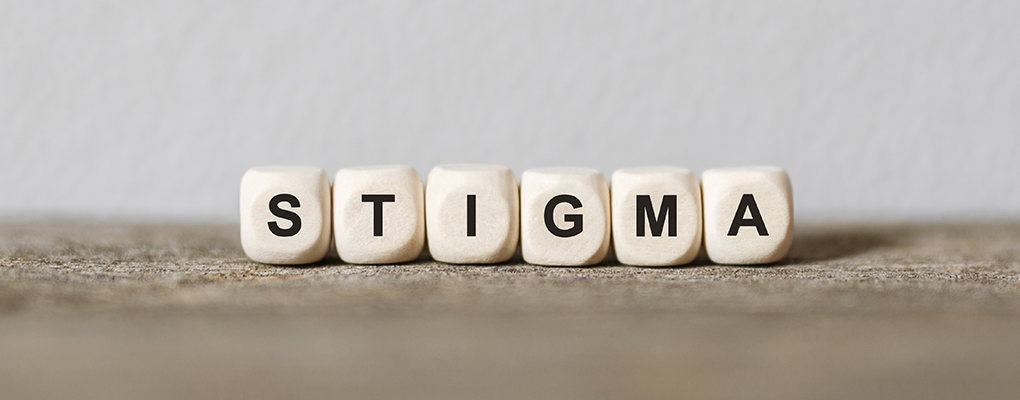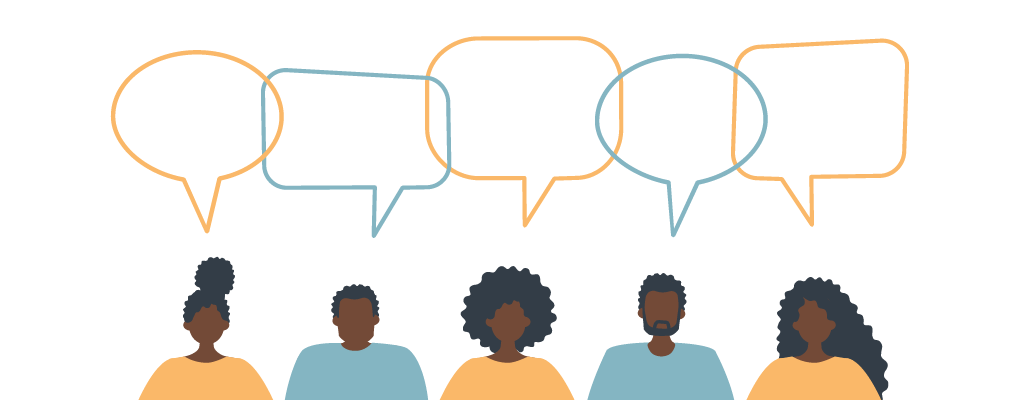The Effects of HIV Stigma
HIV stigma and discrimination can affect a person’s mental health and overall well-being. It can also negatively affect a person’s personal, work, and social life. People who experience HIV stigma also experience internalized stigma, which can lead to increased feelings of shame, isolation, and fear.
The fear of HIV stigma and discrimination discourages many from disclosing their status or getting tested and treated for HIV. HIV stigma and discrimination discourage people from accessing healthcare services, including HIV prevention methods, learning their HIV status, enrolling in care, and adhering to treatment.
Ways to Stop HIV Stigma
Show support to anyone you know who is living with or at risk for HIV. Learn about HIV and correct any misconceptions you hear. Help normalize HIV as a manageable health condition by having open and honest conversations and be mindful about the words you use about HIV and the people living with HIV. Together we can promote medically accurate information about HIV transmission and decrease judgment and stereotyping of people living with HIV.
Visit CDC’s page on ways to stop HIV stigma and discrimination. There you’ll find a Stigma Language Guide to learn how to talk about HIV and examples of everyday situations and how to address stigma.




